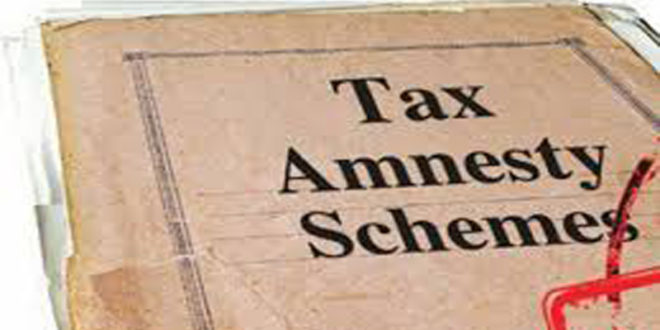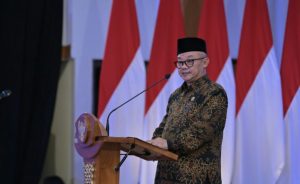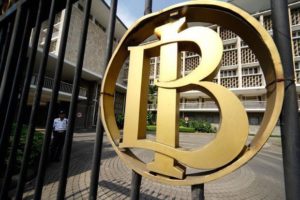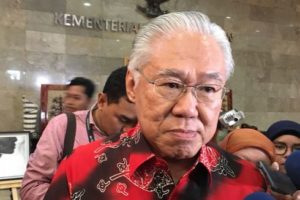
Philippines to follow Indonesia’s lead in tax amnesty.
Cebu, 12 Rajab 1438/09 April 2017 (MINA) – The Philippines will follow Indonesia’s lead in implementing a tax amnesty as it seeks to boost revenue to pay for its ambitious spending plans, Finance Secretary Carlos Dominguez told Bloomberg TV.
Also Read: Saudi Arabia Wins Bid to Host World Expo 2030
The government will target tax evaders and beef up compliance before adopting an amnesty programme, which will probably be very similar to Indonesia’s, he said.
Indonesia’s nine-month tax amnesty boosted government revenue by some US$10 billion (S$14 billion). It allowed citizens to put their tax affairs in order and pay a penalty rate of as low as 2 per cent when they declared previously hidden assets.
Referring to tax evaders, Mr Dominguez said “the tax amnesty will not work if they don’t believe you can actually go after them”. He added: “First we go after them, show that this government means business and has the political will to stop tax evasion.”
Indonesia’s tax amnesty ended last month. It was seen as successful, with more than 970,000 taxpayers participating.
Newly declared assets amounted to almost 5,000 trillion rupiah (S$526 billion) – nearly 40 per cent of the gross domestic product (GDP) of Indonesia, ASEAN’s biggest economy.
Also Read: 148 Products from Indonesia Promoted at Sarawat Superstore Jeddah
Mr Dominguez is boosting tax compliance and pushing through a tax reform plan to help ward off a credit rating downgrade as the Philippines’ Budget deficit widens.
But lawmakers have opposed the proposals, which would raise taxes on cars and fuel while lowering some duties to raise an estimated 163 billion pesos (S$4.6 billion) a year in revenue. Mr Dominguez said he is confident the first of the Bills will be passed by around October.
Last month, the Filipino government filed a criminal complaint against cigarette-maker Mighty Corp for not paying almost 10 billion pesos in taxes. Mr Dominguez said the authorities will probably file more cases against the company and also pursue “big-ticket items” in the power sector.
The government needs funds to pay for US$160 billion of infrastructure projects.
Also Read: Packaging Industry Supports Halal Ecosystem
The Philippines had a tax revenue ratio of 13.6 per cent of gross domestic product in 2014, which is lower than that of regional peers such as Malaysia and Thailand, according to data from the World Bank. (T/RS%/RS1)
Mi’raj Islamic News Agency (MINA)
Also Read: Indonesia-Japan Agree on Energy Transition Cooperation

































 Mina Indonesia
Mina Indonesia Mina Arabic
Mina Arabic